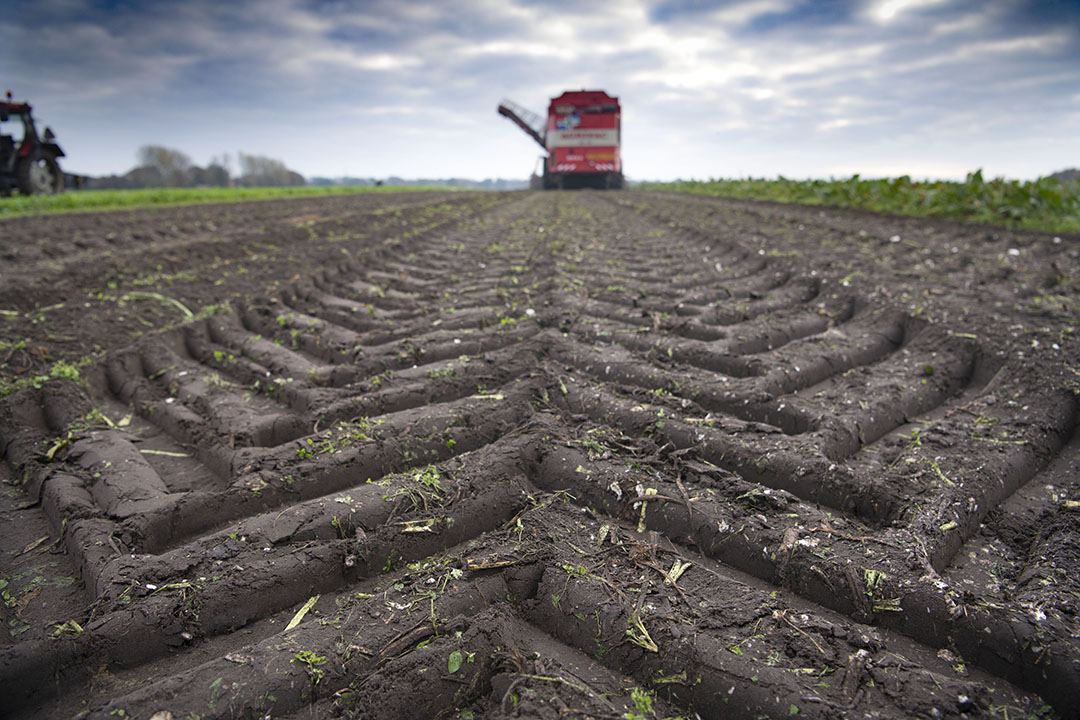Soil compaction is a serious issue in agriculture that can significantly affect both land preparation and crop production. It happens when soil particles are pressed together, reducing the pore spaces. This reduces water infiltration and root growth, making it harder for crops to thrive. Understanding how soil compaction works and its effects is crucial for anyone involved in farming and land preparation. Let's explore how this process impacts farming and how it can be mitigated for better yields.

Impact on Water Infiltration
One of the primary effects of soil compaction is poor water infiltration. The soil becomes dense and impermeable, which means water struggles to penetrate deeper layers. This leads to surface runoff, which can cause erosion and waterlogging in certain areas. With limited water reaching the roots, crops may experience drought stress, even if rainfall is adequate. This can lead to inconsistent crop growth and lower yields. Farmers can reduce this impact by using proper land management techniques to maintain soil structure.
Damage to Root Systems
The compressed soil creates a barrier that makes it harder for plant roots to penetrate the earth. Roots need oxygen and space to spread out and absorb nutrients. Compacted soil restricts both, leading to stunted root growth. Without proper root development, plants cannot access the nutrients and moisture they need. This can cause weak plants that are more susceptible to pests and diseases. In some cases, the crop may even fail to grow properly or yield at all.
Challenges in Land Preparation
Preparing land for planting becomes much more difficult when the soil is compacted. Farmers often need to use more aggressive techniques like subsoiling or deep tilling to break up the compacted layers. These methods are labor-intensive and require more time and resources. Additionally, excessive tilling can further damage the soil, creating a cycle of compaction. Efficient land preparation requires addressing compaction early to avoid long-term consequences. Preparacion terrenos Xativa can be a concern, using appropriate practices for soil health is essential.
Effects on Crop Productivity
Soil compaction directly reduces crop productivity by limiting root growth and water availability. Crops struggle to develop properly, and in many cases, yields are significantly lower. Fertilizer efficiency is also impacted, as the nutrients cannot reach the roots effectively. This leads to a situation where more inputs are required to maintain crop health, driving up costs for farmers. Sustainable farming practices that minimize compaction can improve crop yields and reduce the need for excessive chemical use.
Preventing Soil Compaction
There are several strategies that farmers can use to prevent or reduce soil compaction. The use of lighter equipment, rotating crops, and practicing no-till farming can all help maintain soil structure. Additionally, adding organic matter to the soil can improve its resilience and reduce compaction. Soil aeration tools can also be used to break up dense layers. Regularly monitoring soil health and adjusting farming practices accordingly will ensure long-term productivity. A proactive approach can greatly enhance soil quality and farm output.
Conclusion
Soil compaction has a significant impact on land preparation and crop production. It limits water infiltration, damages root systems, and creates challenges in preparing the land for planting. By understanding the causes and effects of soil compaction, farmers can implement better management practices to reduce its impact. This, in turn, leads to healthier crops and improved yields.






